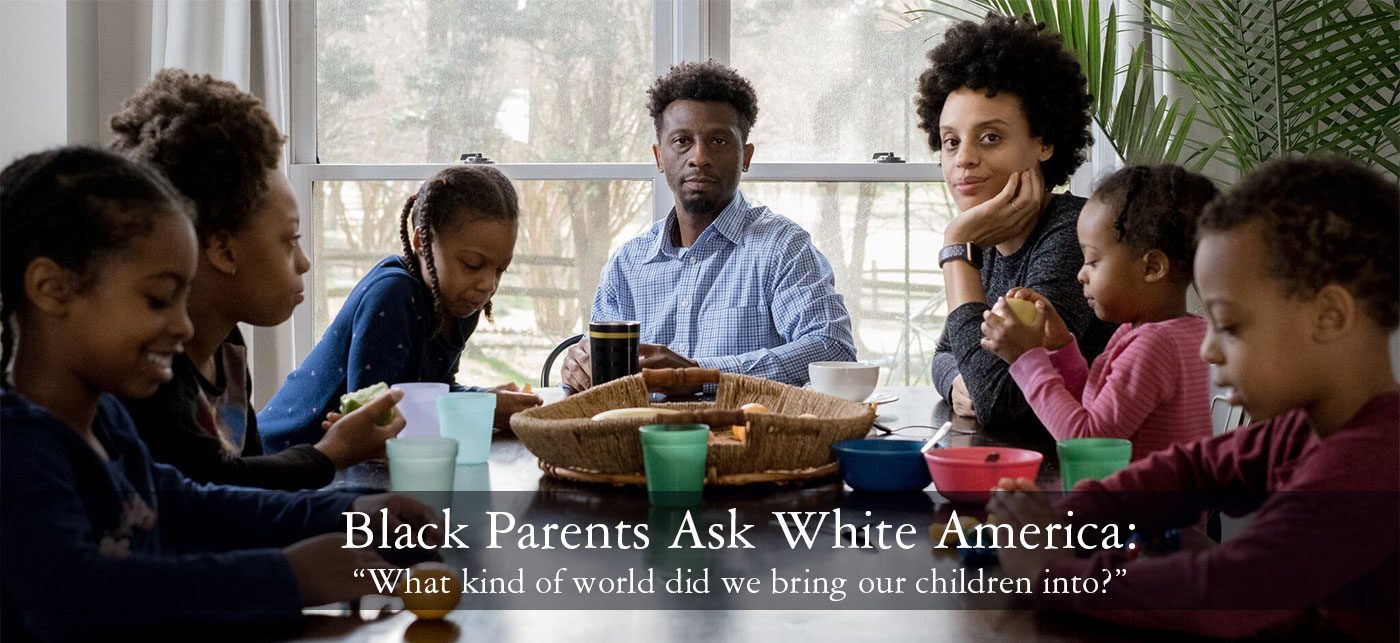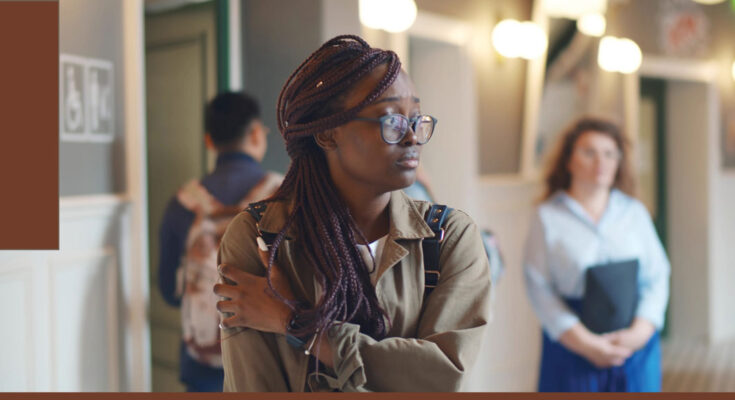Going to college is a transformative experience that shapes individuals’ lives and prepares them for future endeavors. However, for Black college students attending predominantly white institutions (PWIs), the journey can be marred by a sense of alienation. Georgia Gwinnett College (GGC), with its substantial Black student population, presents a unique case where the stark contrast between student demographics and the experience of Black students becomes apparent. As a senior citizen student at GGC, I want to shed light on the alienation faced by Black college students at PWIs, drawing from personal experiences and observations at GGC.
GGC boasts a diverse student body, with Black/African American students comprising 32% of the population. However, despite being the majority-minority, Black students often find themselves marginalized and excluded from various aspects of campus life. This discrepancy between demographic representation and lived experiences highlights the pressing issue of alienation.
One of the most significant areas where the alienation of Black college students becomes apparent is within the classroom. While educational institutions should foster an inclusive environment, Black students often encounter situations where their voices are silenced or dismissed. Professors may inadvertently perpetuate biases or fail to address the unique challenges faced by Black students. This lack of representation and understanding can hinder academic success and contribute to a sense of isolation.
Another aspect that intensifies the alienation is the programming and events organized on campus. Despite the diverse student body, the activities and initiatives often fail to adequately represent and cater to the needs and interests of Black students. The absence of culturally relevant events and the under-representation of Black history and achievements further perpetuate feelings of exclusion. PWIs must prioritize inclusivity in their programming to foster a sense of belonging for all attending students.
The interactions between Black students and college staff play a big role in shaping their college experience. Unfortunately, instances of biased treatment and microaggressions are not uncommon. Black students may face differential treatment, ranging from subtle biases to overt discrimination, which can lead to a deep sense of alienation and emotional distress. PWIs must prioritize training and cultural competency for faculty and staff to ensure students have equitable treatment.
To address the alienation of Black college students at PWIs, institutions must implement comprehensive strategies. Here
are some recommendations.
- PWIs must actively recruit and retain diverse faculty and staff who can provide Black students with mentorship and guidance.
- Faculty and staff should get training to understand the unique needs and challenges faced by Black students.
- Including diverse perspectives and voices into the curriculum and campus programming will help ensure that Black students feel seen, heard, and valued.
- Establishing dedicated support services for Black students can provide a safe space and aid their development.
The alienation of Black college students at PWIs requires immediate attention. Institutions like GGC, with a large Black student population, must bridge the gap between demographics and experiences. By implementing inclusive policies, fostering cultural understanding, and providing support services, PWIs can create an environment where Black students feel empowered, included, and valued.
As a solution in Georgia, I strongly encourage Black residents aged 62 and older to return to school at no cost, as allowed by the Georgia State University System. This will provide our Black college students with elders attending the institution who can support, mentor, and protect them in these institutions. Black senior citizens can bring a wealth of knowledge and wisdom while being able to speak truth to power in the classrooms.
To learn more about the 62 and older program, refer to the University System of Georgia policy at www.usg.edu/student_affairs. To get started, contact the college or university of interest that is part of USG.




